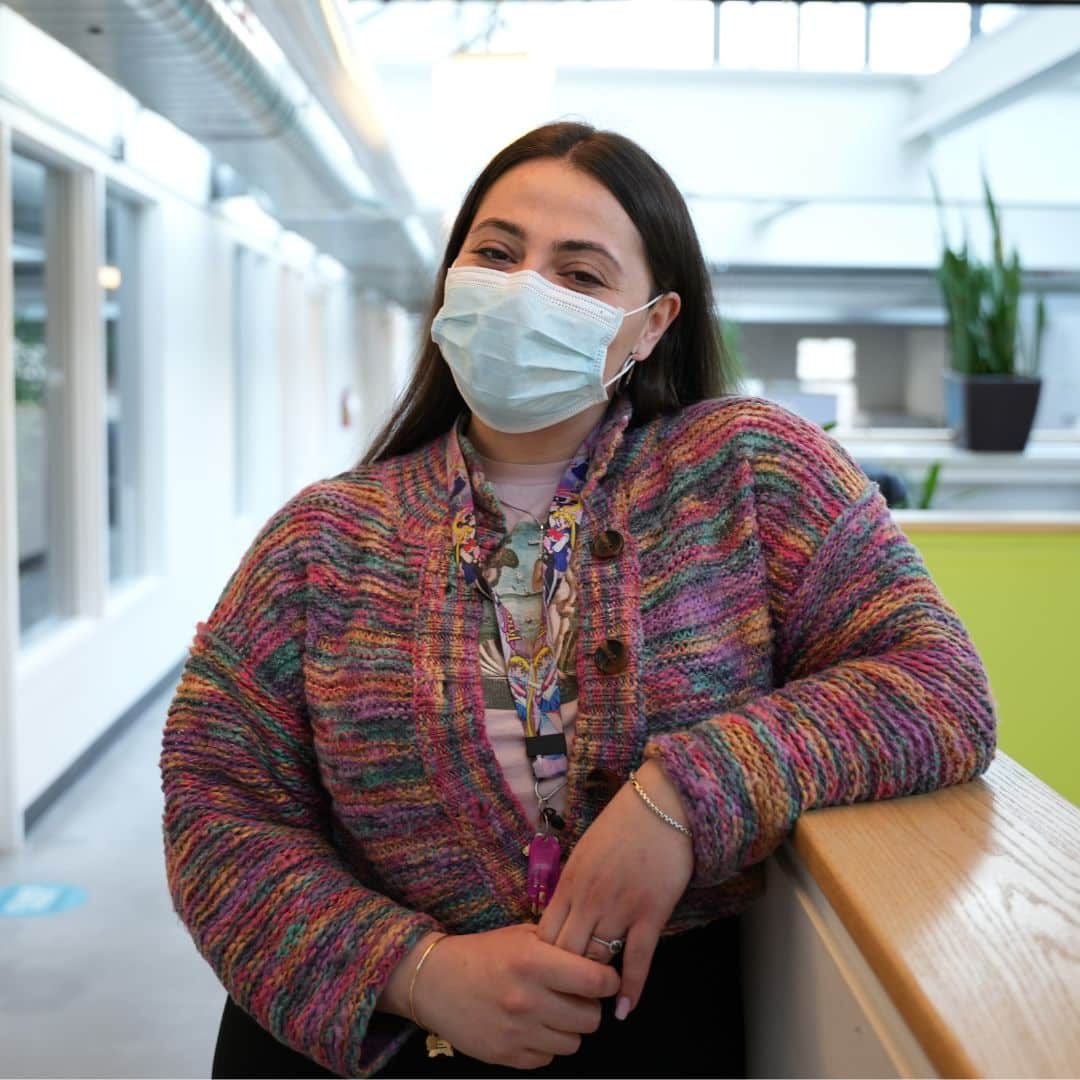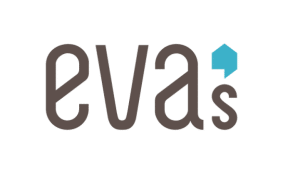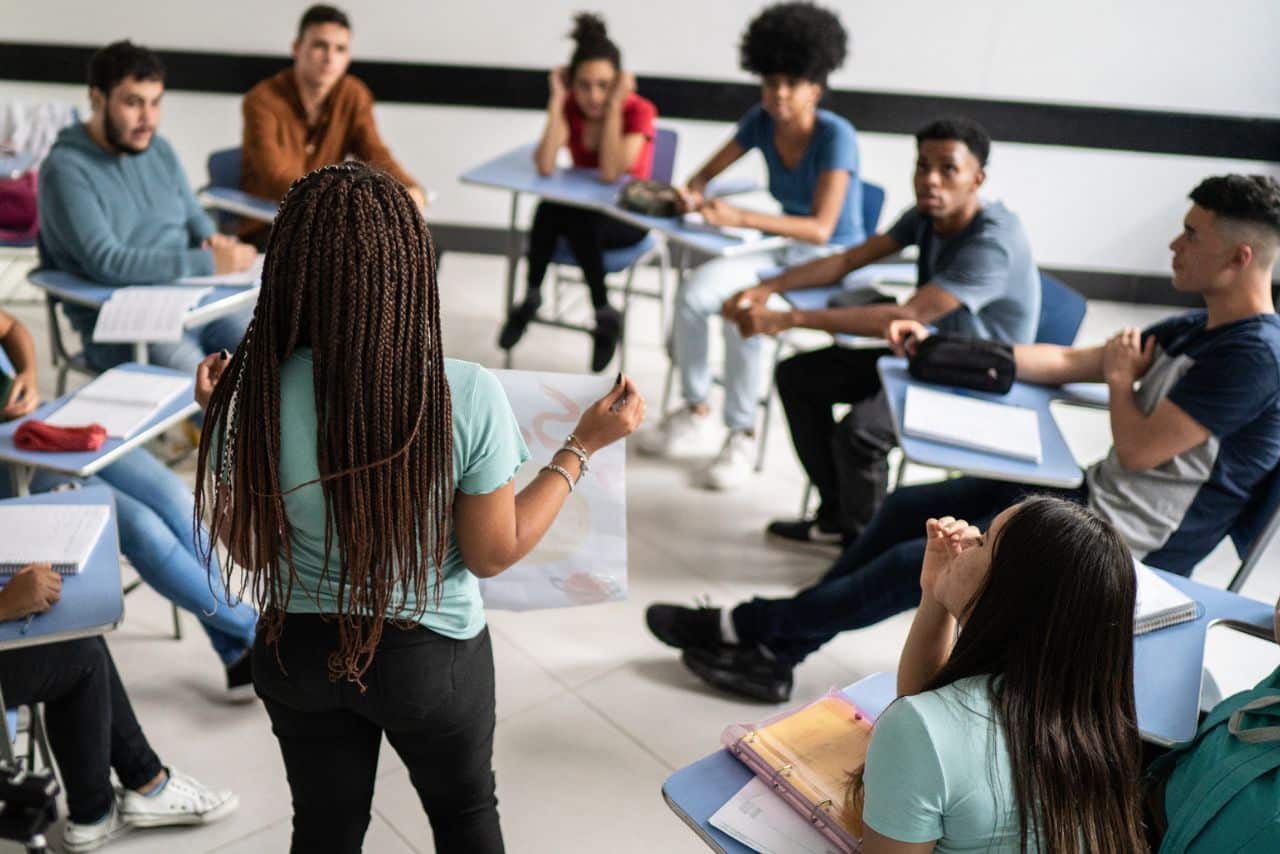The youth we serve at Eva’s learn about systemic barriers.
Youth experiencing homelessness are more likely to be Black, Indigenous, racialized, 2SLGBTQ+, newcomer, and/or immigrant youth. According to a 2021 Toronto Street Needs Assessment, 78% of youth experiencing homelessness identified as a member of a racialized group; 43% identified as Black
By the time they reach Eva’s, youth have likely experienced direct racism and discrimination and have been affected by inequities in child welfare, education, employment, health care, justice, and housing systems.
If any population needs to know about anti-oppression, it’s the young people we help move from crisis to stability.

Natalie, program facilitator at Eva’s Phoenix.
“It’s inevitable that [our youth] experience systemic barriers. Our anti-oppression workshop walks them through concepts like privilege, social capital and intersectionality so they can recognize vulnerabilities in others and barriers for themselves and learn how to navigate oppressive systems,” said Natalie program facilitator at Eva’s Phoenix.
The workshop defines oppression in all its forms – and its effects on one’s physical and mental health, well-being and sense of inclusion in society. While this information is vital, Natalie also makes sure she provides equal parts inspiration.
“I try to show examples from the news of marginalized individuals who have fought back. We talk about how to fight the system and they get very inspired,” she said.
One of her most stirring examples is the story of a Black man who successfully sued an Ontario-based police service for racial profiling.
“The youth are always amazed by this story. They see that you can actually fight the system that’s trying to oppress us. We want them to feel empowered to navigate through systemic barriers,” said Natalie.
The workshop wraps up with information on their rights and resources to help youth identify and access safe spaces. “We teach them how to find community services and show them where to learn more about their rights as a young person.”
Natalie says all programming at Eva’s Phoenix is approached with an anti-oppression lens.
“With everything we do, we talk about being mindful of identities and abilities, and learning how to build a supportive network to help cope with and navigate barriers of all kinds.”
Will you make a donation today to support this important work?
www.evas.ca/donate

